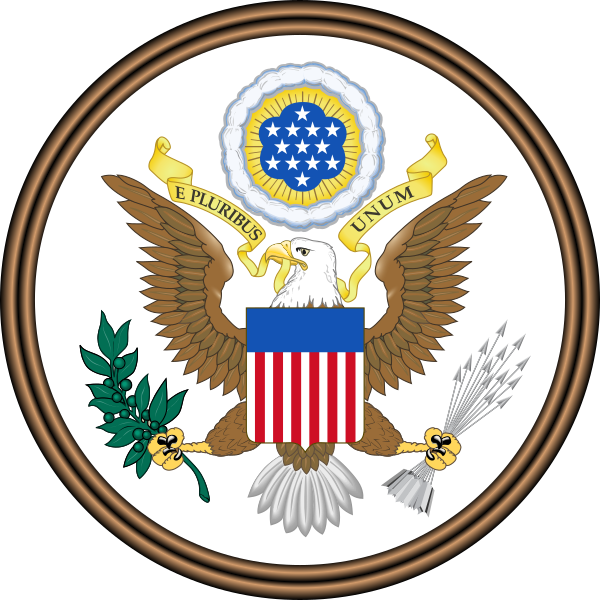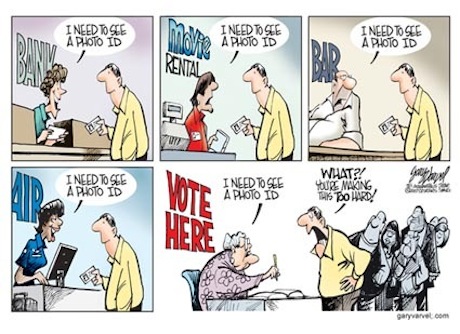Errors in the list[edit]
Florida has re-edited its felon list five times since 1998 to correct errors.
The first list DBT Online provided to the Division of Elections in April 2000 contained the names of 181,157 persons. Approximately 65,776 of those included on the first list were identified as felons.
In May 2000, DBT discovered that approximately 8,000 names were erroneously placed on the exclusion list, mostly those of former Texas prisoners who were included on a DBT list that turned out never to have been convicted of more than a misdemeanor. Later in the month, DBT provided a revised list to the Division of Elections (DOE) containing a total of 173,127 persons. Of those included on the "corrected list", 57,746 were identified as felons.
Examples:
Thomas Cooper, Date of Birth September 5, 1973; crime, unknown; conviction date, January 30, 2007
Johnny Jackson Jr., Date of Birth, 1970; crime, none, mistaken for John Fitzgerald Jackson who was still in his jail cell in Texas
Wallace McDonald, Date of Birth, 1928; crime, fell asleep on a bus-stop bench in 1959
Reverend Willie Dixon, convicted in the 1970s at the latest; note, received full executive clemency
Randall J. Higginbotham, Date of Birth, August 28, 1960; crimes, none, mistaken for Sean David Higginbotham, born June 16, 1971
Reverend Willy D. Whiting Jr., crime, a speeding ticket from 1990, confused with Willy J. Whiting who have birthdays 2 days apart
Demographics of the purge list[edit]
According to the Palm Beach Post, among other problems with the list, although blacks accounted for 88% of those removed from the rolls, they made up only about 11% of Florida's voters.[9]
Voter demographics authority David Bositis, a senior research associate at the Joint Center for Political and Economic Studies in Washington, DC, reviewed The Nation's findings and concluded that the purge-and-block program was "a patently obvious technique to discriminate against black voters". He noted that based on nationwide conviction rates, African-Americans would account for 46% of the felon group wrongly disfranchised.[10]
http://en.wikipedia.org/wiki/Florida_Central_Voter_File#Errors_in_the_list


